Description
Digitalis grandiflora (ambigua, orientalis)
Digitalis grandiflora has broad rosettes of leathery evergreen leaves give rise to several relatively stout stems to 60cm clothed with broad yellow bells with throats intricately netted in brown. Plants are perennials and can live several years before dying out. This foxglove comes from Southern Europe through to Asia and as a consequence is tolerant of more sun than other species, however it will be perfectly happy in partial shade. This is a plant that has a long history of cultivation having been originally introduced into Britain from Greece in 1596. It is a cottage garden favourite where the soft yellow tones well with other pastel shades. It has become naturalised in parts of Asia, including Kashmir.
Foxgloves – Digitalis
Foxgloves fall into two groups, the biennial and the perennial. Biennial foxgloves produce a dense rosette of leaves in the first year which then throw one or more flowering spikes in the second year. This exhausts the plant which then usually (but not always) dies. perennial foxgloves go on to produce flowers year upon year. Digitalis purpurea belongs to the biennial group.
Foxgloves flower in succession up the flowering spike. the spikes are at their very best in late June, but continue for many weeks after that. The flowers, which last about 6 days each, are a favourite of bees. Other insects often shelter in the bells overnight or during bad weather.
We now derived medicines from the foxglove are stalwarts for treating heart conditions, though these properties took herbalists a long time to work out. They were previously recommended for condition where its use today would be considered highly suspect.
The common foxgove has a wide distribution. You find it especially in woods and along country lanes. It flourishes best on silicaceous soils, well aerated and with light shade, and thrives in loam. Despite this it needs very little soil to grow, often springing up in the cracks in granite walls. It grows throughout Europe, but is absent most notably on some calcareous (chalky) districts. The naturalist William Turner (1548) noted that it grows freely around rabbit holes.
Common Names
Digitalis purpurea ‘Pam’s Choice’ (Foxglove, Witches’ Gloves, Dead Men’s Bells, Fairy’s Glove, Gloves of Our Lady, Bloody Fingers, Virgin’s Glove, Fairy Caps, Folk’s Glove, Fairy Thimbles, Cowflops). the name Foxglove is a corruption of folk’s glove or glove of the good folk (Fairies), and seems to have been round a long time, the earliest mention being the Anglo Saxon name ‘foxes glofa’ – (glove of the fox). The spots are sometimes seen as the markes left by elven fingers, possibly to act as a warning of the plants poisons. The Norwegian’s also alude to the fox in their name ‘Revbielde (Foxbell).
Digitalis (Plantaginaceae)
Links











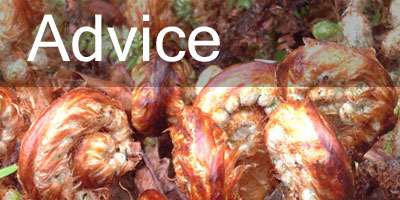










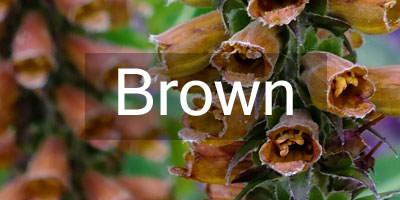








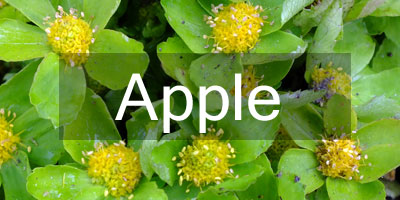














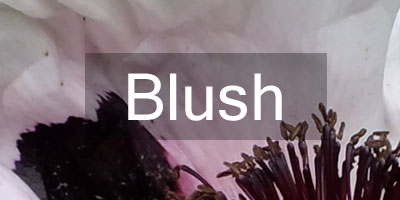


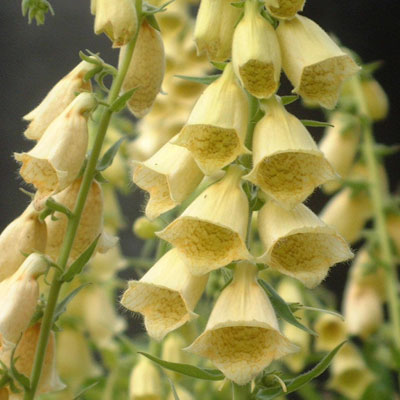
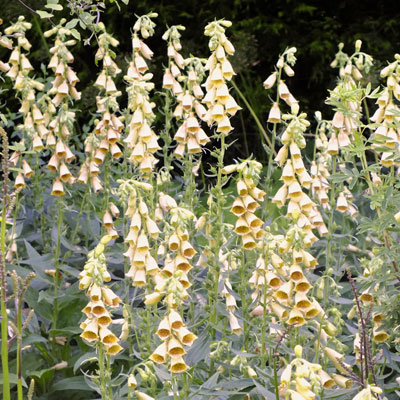
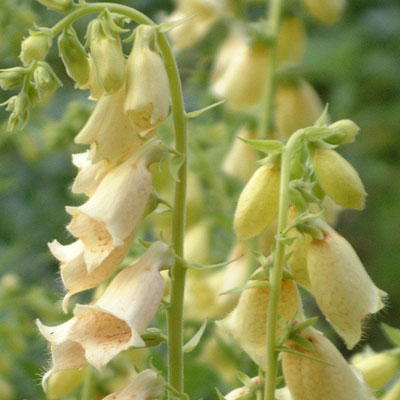
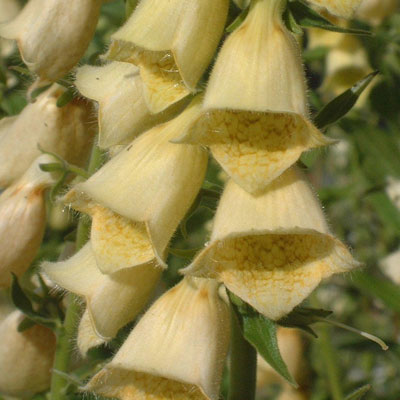



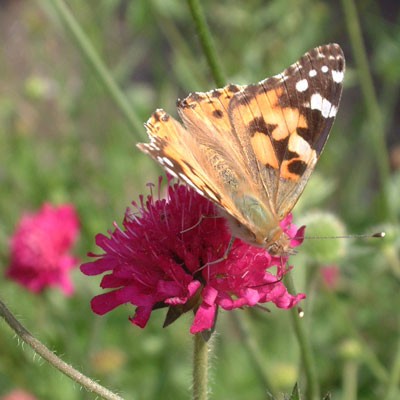

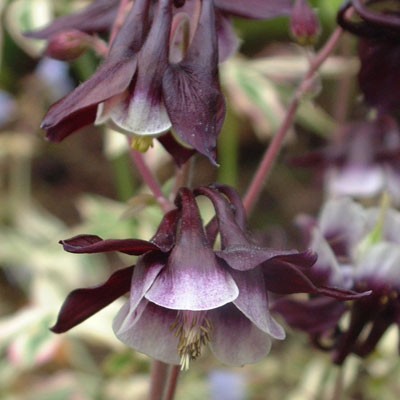
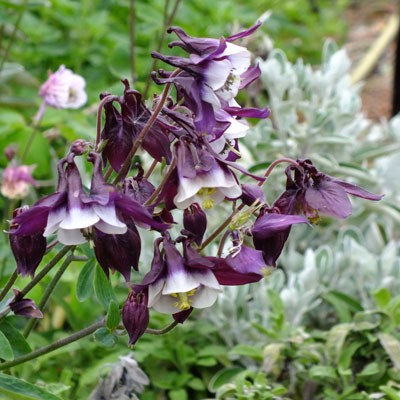
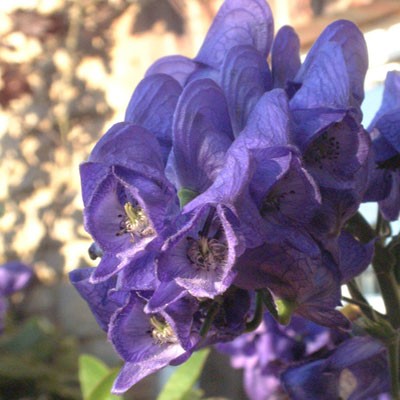
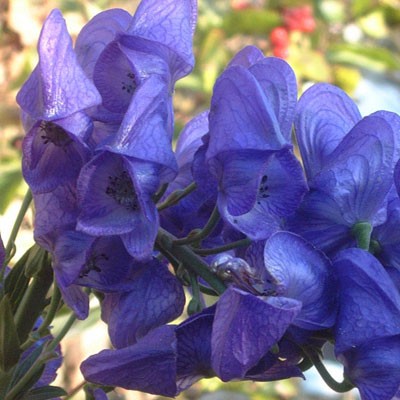
Reviews
There are no reviews yet.